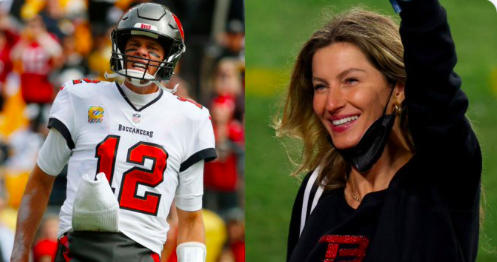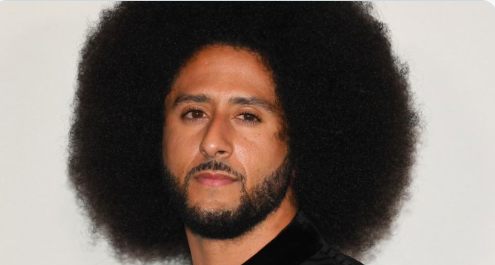In 2014, the film Dear White People was presented to the world, and some people completely lost their minds over the title alone. The film went on to garner rave reviews and was instrumental in further introducing the world to the amazing talents of actress Tessa Thompson.
Now the film has been extrapolated and expanded into a series on Netflix, and has been garnering a considerable amount of buzz on the road to its April 28th premiere. I recently had the opportunity to speak with Justin Simien, the brains behind this dramatic comedy that is already raising eyebrows and ruffling feathers.
“One of the amazing things about film is they can transcend cultures,” Simien told The Shadow League. “Even though the characters are experiencing American-specific racism and identity politics, at the core of these are young people trying to navigate the world, who are trying to figure out who they are, and what version of themselves to present.”
“I think that’s what we’ve been doing as humans since the beginning of time. One of the things that I found so wonderful about the film is getting to see it in France, getting to see it in Scandinavia, getting to see it in South Africa, and in these places where supposedly the American race experience isn’t supposed to translate.”
The old Hollywood excuse against promoting Black films overseas has been their shortsightedness. ‘Black doesn’t travel well’, they say. But the original Dear White People was one of many films with black leads that have done work on the other side of the pond. Its themes are universal.
“People absolutely saw themselves in the characters and got something out of it,” he continued. “Also, on top of that, the show is a comedy. It’s entertainment. These kids are hooking up and cheating on each other. You know, it’s a college comedy. The race stuff really is secondary to the journey of these characters.”
“These are young people trying to grow up in a really complicated world. I just think that’s a experience all of us have had at some point. These kids just happen to be black and happen to be dealing with racial politics in America. But that’s not the part that I think really is the most compelling thing about the show.”
The Shadow League has published a series of editorial open letters using the “Dear” greeting over the years. We asked Simien why he chose to use it in his offering.
“I would say that, for one, I’m not the first storyteller to use a misnomer as a title,” he said. “Books like ‘The Jungle,’ movies like ‘Naked Lunch.’ I’m not the first person to have a provocative title that is slightly different than what the movie is about. But ultimately, at the center of the show is a shock jock named Samantha White who has a radio show called Dear White People. Every character around her has a completely different point of view about what that show is or isn’t about. Some people think it’s racist, some people think it’s right on, some people think it’s irrelevant. Ultimately, Sam and her radio show really are the spark that starts the drama.”
“If people are up in arms about the title as much as I’ve seen, then I don’t know if they would have watched the show anyway,” he continued. “Frankly, the vitriol from a small group of people really helps promote the show. I’ll be honest, I’ve thought about that a lot. Should I have named it Dear White People? Should I have called it something else? Time and time again, even with both sides of it, it’s really kind of proved a mega-point that the show was trying to make in the first place. Like, as an artist, if you’re not divisive then you may not be telling the truth in your work. I think that’s really important.”



